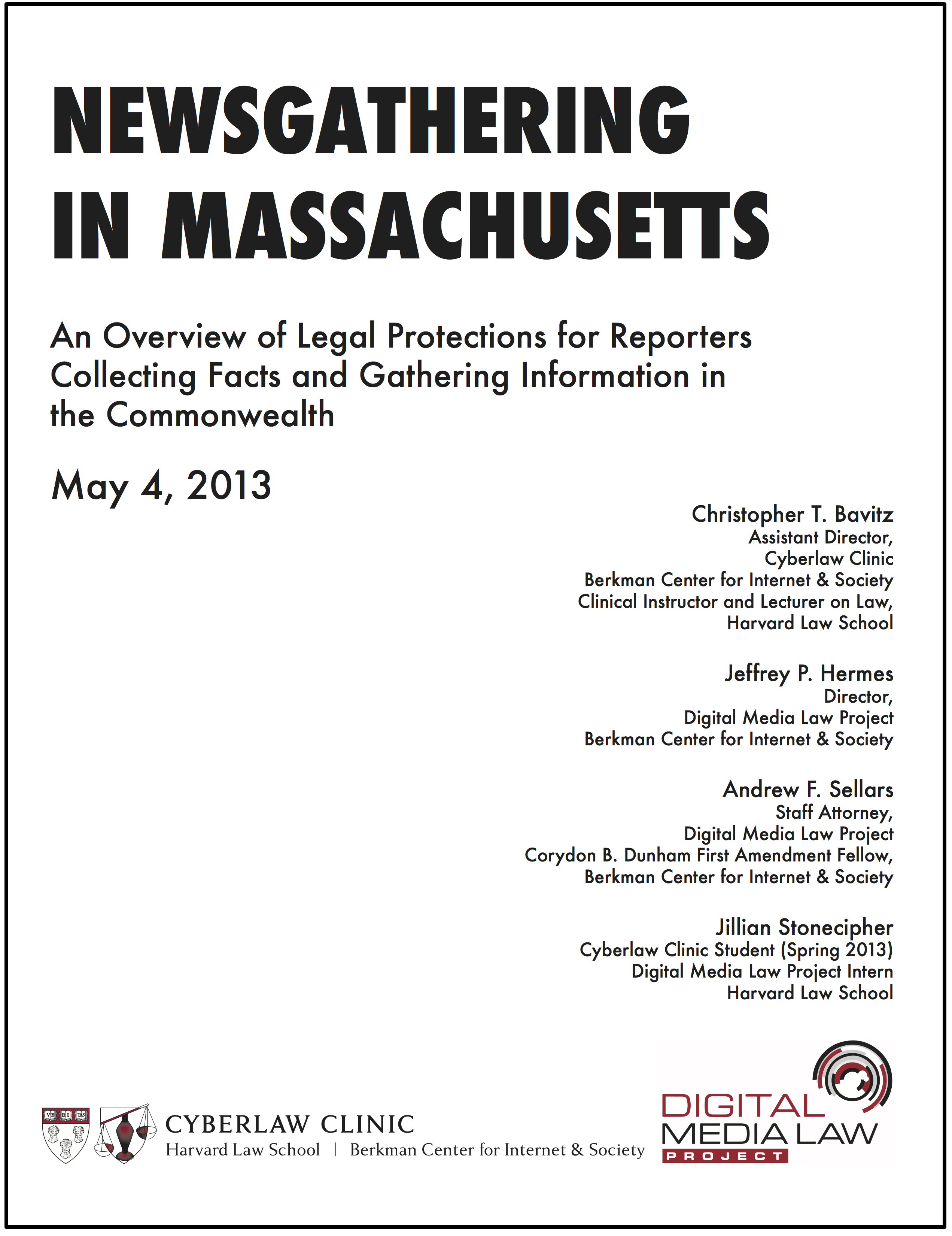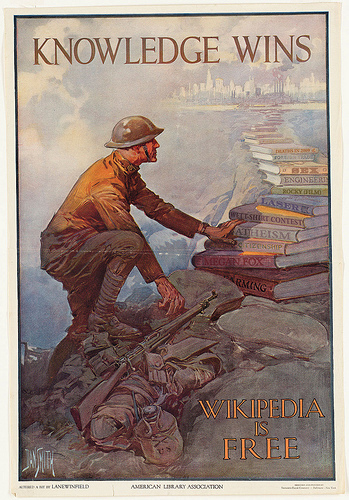Recent Blog Posts
-
11 years 2 months ago
-
11 years 3 months ago
-
11 years 4 months ago
-
11 years 4 months ago
-
11 years 4 months ago
-
11 years 5 months ago
-
11 years 5 months ago
-
11 years 5 months ago
We are looking for contributing authors with expertise in media law, intellectual property, First Amendment, and other related fields to join us as guest bloggers. If you are interested, please contact us for more details.



 For a time, few issues could
For a time, few issues could 
Description:
Milwaukee Wisconsin Journal Sentinel photographer Kristyna Wentz-Graff was arrested by Milwaukee police while Wentz-Graff was photographing a protest by University of Wisconsin-Milwaukee students at the school's campus on Nov. 2, 2011. Wentz-Graff, a three-time Wisconsin "Photographer of the Year," was later released without charge. She said she was never told why she was arrested.
Milwaukee Police Chief Edward Flynn later defended the arrest, reports the Journal Sentinel. Flynn said that the officers arrested Wentz-Graff because they thought she was a protester, and that Wentz-Graff's status as a journalist was "not obvious to the officers." The Journal Sentinel ran a photo of Wentz-Graff's arrest that showed her press badge clearly visible. The paper also quoted Milwaukee Mayor Tom Barrett, who had seen video of Wentz-Graff's arrest, saying that "It appeared very clear to me that she was a photojournalist," and that he "very much support[s] her First Amendment right to be there."